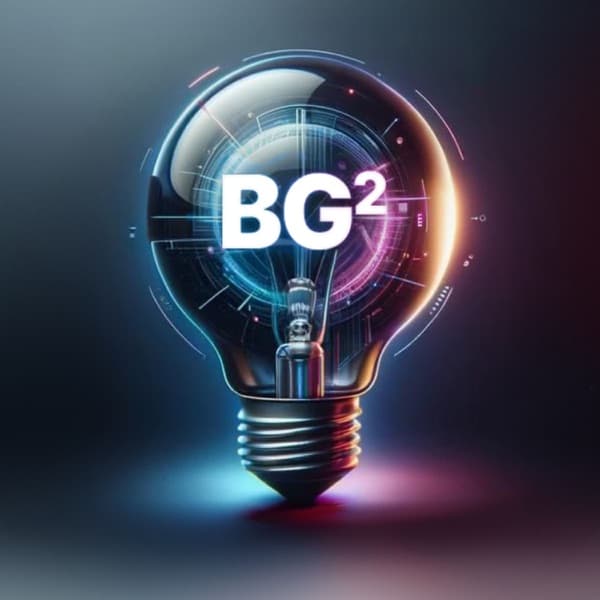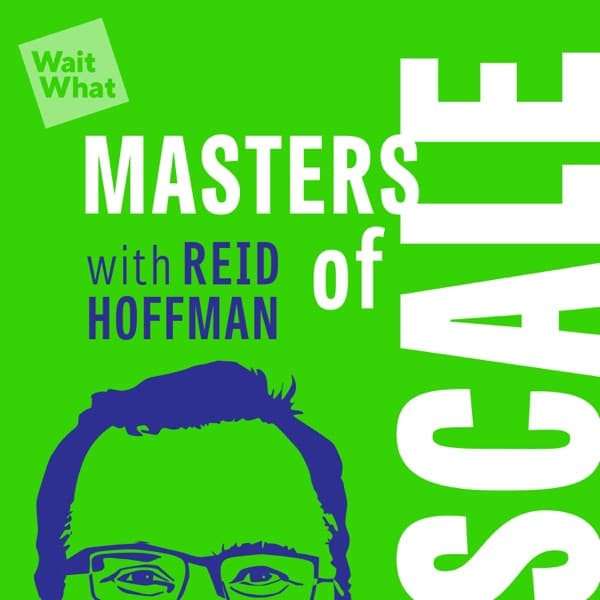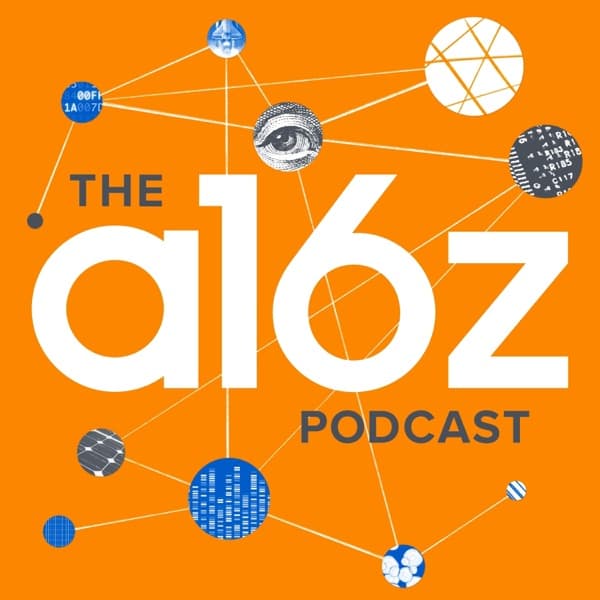FirstRoundCapital: The speaker discusses using WhatsApp groups for data enrichment insights and improving product usability through user-led demos and feedback.
Lenny's Podcast: Product | Growth | Career: Matt Mullenweg discusses challenges with WP Engine and the importance of protecting open source ideals.
FirstRoundCapital - In the 0 to 1 sales journey, find your ideal customers’ town square — and go hang out with them
The speaker joined various WhatsApp groups to gather insights on data enrichment problems, which they anticipated as a primary use case for their product. By engaging in these groups, they could understand user needs and integrate into the ecosystem. They conducted 'reverse demo' sessions where users would sign up, share their screens, and navigate the product with guidance, allowing them to learn by doing. This approach not only empowered users to use the product independently but also provided the speaker with valuable UX feedback. Observing user interactions highlighted product issues, which were then communicated to the engineering team for improvements. Over seven months, this iterative process significantly reduced the sales cycle from seven demos to just one or none, increasing efficiency and user confidence.
Key Points:
- Join relevant online groups to understand user problems and needs.
- Use reverse demos to empower users and gather UX feedback.
- Iterate product improvements based on real user interactions.
- Collaborate closely with engineering to address product issues.
- Reduce sales cycle time by refining product usability.
Details:
1. 🌐 Joining WhatsApp Groups for Insights
- Joining WhatsApp groups to listen for discussions on data enrichment problems provides direct insight into user needs.
- These groups serve as a preliminary use case identification method by observing real-time problem discussions.
- Engaging with these groups helps integrate into the ecosystem and directly address user challenges with the product Clay.
2. 🔄 Reverse Demo Strategy
- The reverse demo strategy involves having potential customers demo the product themselves during a meeting.
- Customers sign up and share their screen while going through the product flow with guidance via Zoom annotations.
- This approach helps customers learn by doing, increasing their confidence in using the product independently later.
3. 📈 Building User Confidence & Product Improvement
- Building user confidence led to increased product return rates, as users felt more comfortable navigating the product independently. This indicates that users are engaging more deeply with the product, facilitating a better understanding of its features.
- Observing user interactions provided a 'UX master class,' exposing frequent user errors. This observation highlighted specific areas for product improvement, such as simplifying complex features or redesigning confusing interfaces.
- Collecting detailed product feedback from user mistakes allowed for actionable insights to be shared with the development team. This led to a series of targeted improvements, such as reducing the number of steps required to complete key tasks, directly enhancing the user experience.
4. 🚀 Iterative Feedback & Product Evolution
- Engineering team handled up to eight feedback calls a day, gathering extensive insights for improvement.
- Over seven months, this iterative feedback process transformed sales strategy from requiring seven demos to secure a $2300/month deal to needing only one or no calls by January-February 2023.
Lenny's Podcast: Product | Growth | Career - The creator of WordPress opens up about becoming an internet villain, why he’s taking a stand, and the future of open source | Matt Mullenweg (founder and CEO, Automattic)

Matt Mullenweg, co-creator of WordPress, addresses recent controversies involving WP Engine, a company that has allegedly misused the WordPress trademark and diluted its brand. WP Engine, after being acquired by private equity firm Silver Lake, stopped contributing to the WordPress community and altered the WordPress software to cut costs, which Mullenweg argues harms the brand's integrity. Mullenweg emphasizes the importance of protecting open source ideals and the necessity of standing up to companies that exploit these principles. He also discusses the broader implications of open source in AI development and the role of open source in fostering innovation and freedom. Mullenweg highlights the importance of community and collaboration in maintaining the success and growth of WordPress, which powers over 40% of websites globally. He also touches on the challenges and opportunities in managing a large open source project and the importance of maintaining a balance between commercial and community interests.
Key Points:
- WP Engine misused WordPress trademark, causing brand dilution.
- Private equity ownership led to cost-cutting measures that harmed WordPress's integrity.
- Open source ideals must be protected against exploitation by commercial entities.
- WordPress powers over 40% of websites, emphasizing its global impact.
- Community and collaboration are crucial for the success of open source projects.
Details:
1. 🎙️ Introduction: Challenges in Open Source
- Matt Mullenweg, known for his significant contributions to open source through WordPress, has recently encountered substantial criticism.
- Despite a positive reputation built over two decades, recent actions have sparked backlash, indicating a shift in community perception.
- Critics argue that some of Mullenweg's recent decisions do not align with traditional open source principles, challenging his previously admired status.
- This shift highlights the complexities of maintaining open source ideals while managing evolving platforms and community expectations.
2. 🔍 WP Engine & Trademark Tensions
- In 2018, WP Engine was acquired by Silver Lake, leading to significant operational changes by 2019, which have affected its use of the WordPress trademark.
- The company has been criticized for offering a version of WordPress that diverges significantly from its original, leading to concerns about brand dilution.
- This use of the trademark has sparked tensions, as it is perceived to undermine the integrity of the WordPress brand.
- Audience dissatisfaction has increased noticeably, from 1% to 4-5%, indicating a growing controversy over the brand's handling.
- The issue underscores the challenges of maintaining brand integrity in the face of corporate acquisitions and operational shifts.
3. 📈 Matt Mullenweg: From WordPress Creator to Influencer
- WordPress, co-created by Matt Mullenweg, powers 40% of websites globally, including whitehouse.gov, highlighting its vast influence and reach.
- Automatic, led by Matt as CEO, is valued at over $7 billion and owns major products like WordPress.com, Tumblr, WooCommerce, Gravitars, and PocketCasts, showcasing the company's significant market presence.
- Matt Mullenweg has dedicated over half his life to open-source projects, emphasizing his commitment and deep involvement in the field.
- AI's reliance on open-source code for training raises important considerations for future development and ethics in AI, an area Matt has commented on.
- Matt's strategy for acquisitions within Automatic is a key part of its growth trajectory, indicating his forward-thinking approach.
- There are ongoing discussions and criticisms around Matt and WordPress within the open-source community, pointing to a need for transparency and communication.
- He criticizes products like Llama as 'fake open source,' suggesting a need for authenticity and adherence to open-source principles.
4. 🔧 Tech Collaborations: WorkOS and Vanta
- WorkOS APIs are user-friendly, enabling rapid deployment and letting developers concentrate on building additional features.
- Hundreds of companies, including Vercel, Webflow, and Loom, leverage WorkOS for operational support.
- WorkOS's acquisition of Warrant enhances its service with fine-grained authorization capabilities using the Zanzibar system, beneficial for role-based access control, single sign-on, and user management.
- The Zanzibar system supports fast authorization checks at scale, addressing complex use cases efficiently.
- WorkOS provides a compelling alternative to Auth0, offering support for up to 1 million monthly active users for free, positioning it as a cost-effective solution for enterprise access management.
- The collaboration with Vanta, although not deeply detailed, suggests potential for enhanced security compliance and streamlined user management processes.
5. 💼 Matt's Ventures and Philanthropy in SF
- Vanta was founded in 2018 to assist founders in building security programs and achieving key compliance certifications such as SOC 2 or ISO 2701.
- The company currently supports over 9,000 companies, including notable startups like Atlassian, Ramp, and Langchain, showcasing its extensive reach.
- Vanta automates compliance, centralizes GRC processes, and accelerates security reviews, significantly enhancing trust through the use of AI and software.
- The platform offers a special discount for podcast listeners, indicating a strategy to expand its user base through targeted promotions.
6. 🎵 Jazz, Economics, and Open Source Philosophy
- WordPress was co-founded by Matt and Mike Little as an open source project when Matt was 19.
- WordPress started as blogging software and evolved into a full site platform and now transitioning into a WASM-based tool that can be embedded anywhere, including mobile apps.
- The open source nature of WordPress allows for its use in diverse ways, fostering unexpected innovations beyond traditional websites.
- Matt dropped out of college and moved to San Francisco, working as a product manager at CNET for a year.
- Matt envisioned a shift from downloading software to a different model, hinting at SaaS or web-based solutions.
- Open source philosophy has been a significant driver in WordPress's adaptability and widespread adoption.
7. 🌐 AI, Open Source, and Matt's Vision
- Automatic, founded by Matt, complements core WordPress software with commercial services like Akismet Anti-Spam and Jetpack, leveraging cloud-based solutions.
- In 19 years, Automatic has grown to over 1700 employees across 90 countries, operating fully remotely and asynchronously.
- Matt became CEO of Automatic in 2014, succeeding Tony Schneider, who was hired shortly after the company's inception.
- Automatic's product line includes WordPress.com, WooCommerce (accounting for half of the company's revenue), and apps like Beeper, Day One, SimpleNote, and Pocket Casts, emphasizing open web and privacy-centric services.
- Matt continues to lead WordPress.org, managing releases, community activities, and directories, with a focus on open source.
- Automatic has integrated Openverse from Creative Commons, enhancing access to open licensed media.
- Matt also manages over 100 angel investments via Autry Capital, indicating a broad engagement with tech innovation.
8. 🛠️ WordPress Community and Governance
- Automatic employs 1,700 people across 90 countries, showcasing its global reach and expansive operations.
- WordPress powers 43% of the internet's websites, indicating its dominant position in the CMS market.
- The market share of WordPress is more than 10 times that of Shopify, which holds 4% of the market, illustrating WordPress's significant lead over competitors.
- Open-source platforms like Joomla and Drupal have declined, while WordPress's community-driven model continues to thrive, similar to Linux or Wikipedia.
- Automatic's ownership of Tumblr highlights its venture into social networking, diversifying its portfolio beyond CMS.
9. 🚀 Controversies and Legal Challenges
- The Bay Lights project involves the installation of 18,000 LEDs on the Bay Bridge, creating a large-scale light art installation.
- Ben Davis collaborated with light artist Leo Villarreal, renowned for his work at Burning Man, highlighting the fusion of art and engineering.
- An angel investment of $100-150K was crucial in launching the project, demonstrating the importance of early financial support.
- The Bay Bridge, a vital transportation link, is one of the busiest bridges in America, underscoring its significance beyond just aesthetics.
10. 🏙️ Innovation and Public Art in San Francisco
- The Bay Lights project was supported by personal mortgage contributions and operated for 10 years before technological degradation prompted a fundraising effort for reinstallment.
- The new Bay Lights 360 upgrade will be visible from both sides of the bridge, including Oakland and Treasure Island, addressing previous visibility limitations.
- The project led to the creation of a nonprofit, Illuminate, focusing on accessible public art in San Francisco with a budget significantly lower than major institutions, yet impacting millions of people.
- Illuminate is responsible for various public art installations around the city, promoting art as a free and accessible medium, which is considered vital for the community.
- The philosophy behind the art initiatives includes addressing fundamental societal issues while also providing uplifting experiences through public art.
- The narrative emphasizes the importance of inspiring projects in addition to problem-solving efforts, contributing to the overall betterment of San Francisco.
11. 🎶 Matt's Early Inspirations in Jazz and Economics
- Matt played a foundational role in a creative project, acting like an angel investor, supporting the core ideas and vision brought by other entrepreneurs.
- The project encountered significant bureaucratic hurdles, requiring approval from 13 agencies, which highlighted the complexity of navigating public sector collaborations.
- San Francisco is depicted as a thriving hub of innovation, known for its rich cultural history and current status as a leader in technological and cultural advancements, entering a phase described as a 'boom loop.'
- Cultural movements such as the Grateful Dead and Burning Man have cemented San Francisco as a city of global influence, vital to its reputation as a futuristic metropolis.
- Matt's enthusiasm for San Francisco's dynamic culture is evident, with personal interests in rap and creative Q&A formats, suggesting a potential direction for future projects.
12. 📚 Open Source in Education and Society
- The speaker has been deeply involved in open source for over half of their life, with a significant focus on WordPress, a major component of the open source community.
- Growing up in Houston, Texas, the speaker's interests in jazz and economics were cultivated through robust public school programs.
- Attending the High School for Performing and Visual Arts, known for alumni like Beyonce and Robert Glasper, highlights the influence of a strong arts curriculum.
- Participation in the Federal Reserve Challenge led the school to its first win, advancing to nationals and allowing the speaker to meet influential figures such as Alan Greenspan and Ben Bernanke.
- These experiences shaped the speaker's educational philosophy and interest in liberal arts, influencing their approach to open source.
- Due to the high cost of music lessons, the speaker bartered web development skills for music lessons, creating websites for local musicians and gaining early exposure to software development, ultimately leading them to open source contributions.
13. 🌱 The Evolution and Growth of WordPress
13.1. The GPL License and Software Freedom
13.2. WordPress: A Case Study in Open Source
14. 🖥️ Advocacy for Open Source in AI
14.1. Forking and Developing Open Source Projects
14.2. Concerns Over Algorithmic Control
14.3. Shift in Attitudes Towards Open Source
14.4. The Challenge of Building Open Source Business
14.5. Support from Influential Figures
14.6. Community Notes and Open Source Initiatives
14.7. Debate Over Open Source in AI Models
15. 🧩 Llama and the Open Source Debate
15.1. Licensing Challenges and Open Source Definition
15.2. Meta's Contributions and Community Influence
15.3. Advocacy for True Open Source
16. 🛠️ Contributing to Open Source Projects
16.1. Understanding Open Source Licenses
16.2. Long-term Impact of Open Source Contributions
16.3. Getting Started with Open Source Contributions
17. 🔄 AI, Maintenance, and WordPress Future
- Google reports that 25% of their code or characters committed are AI-assisted, indicating a significant shift towards AI-driven development.
- WordPress has not had a remote exploit in its Core for five to six years, highlighting strong security measures; however, plugin security remains an area of concern.
- The open plugin and theme architecture of WordPress, with its 60,000 plugins and themes, poses security challenges due to less robust security and review processes compared to Core.
- Automated scanning of WordPress’s extensive code base, potentially over 100 million lines, is anticipated to significantly enhance security in the next few years.
- Emphasis on maintenance is critical, with the future of open-source models leaning towards integration and customization on platforms like WordPress to leverage continuous updates and security improvements.
- The focus on reducing technical debt is essential, as many companies face challenges related to outdated systems, impacting product integration and user experience.
- WordPress plans to focus on improving core areas and reducing technical debt by revisiting and enhancing lesser-attended parts of their platform.
- Gravatar is noted as a strong product with a great user experience, while some areas of WordPress are acknowledged as needing improvement.
- The strategic move is to return to basics and improve the core experience, while also being aggressive in editing and cutting unnecessary parts of the experience.
18. 🗂️ WordPress Ecosystem and Community Building
- WordPress has launched numerous features over its 21-year history, though not all remain relevant today, suggesting the need for continuous evaluation and adaptation to current needs.
- The importance of community building in WordPress is emphasized, highlighting it as one of the largest and most successful online communities.
- Key to building a successful community is creating a movement rather than just a product. Providing a philosophy or worldview can engage users beyond the utility of the software.
- WordPress incorporates elements of arts and culture, such as naming each release after a jazz musician, to foster a unique and engaging community experience.
- Community engagement is enhanced through various activities like meetups, events, forums, and Q&A sessions, encouraging participation and contribution.
- The ecosystem of 60,000 plugins and themes is a significant component of WordPress's success, offering extensive customization options beyond core CMS features.
- Specific successful initiatives include the annual WordCamp conferences, which draw thousands of users and developers to share knowledge and ideas.
- WordPress's approach to open-source development allows for continual improvement and innovation, driven by its vibrant community of contributors.
- The plugin WooCommerce, for example, has transformed WordPress into a powerful e-commerce platform, demonstrating the impact of community-driven development.
19. ⚖️ Legal Battles with WP Engine
- After being acquired by private equity firm Silver Lake in 2019, WP Engine's contributions to the WordPress community diminished significantly. This included reduced inputs to WordPress core and misuse of the WordPress trademark, which led to user confusion.
- Surveys revealed that 20-40% of users incorrectly believed WP Engine was officially connected to WordPress due to misleading branding, prompting Automatic to file a lawsuit to defend its trademark.
- WP Engine offered an altered version of WordPress missing core features like revisions, which tarnished user experience and the WordPress brand.
- Efforts to negotiate a trademark license were drawn out by WP Engine, which reportedly considered filing a lawsuit against Automatic, while also attempting to sell the company amid intellectual property and licensing issues.
- This case illustrates the detrimental effects that private equity ownership can have on a company's operations and public image, echoing similar criticisms in other industries such as healthcare.
20. 🔥 Addressing Criticism and Community Concerns
- Private equity's negative impact on open source projects was highlighted, with WB Engine's actions specifically criticized.
- A multimillion-dollar lawsuit filed by Quinn Emanuel targeted the presenter, WordPress.org, and Automatic, with substantial legal and PR costs indicating a smear campaign.
- The presenter warned of a smear campaign, predicting the revival of past incidents as news items.
- Despite criticisms, the importance of defending open-source ideals against exploitation was emphasized.
- WP Engine was banned from sponsoring WordCamps following failed integration efforts, reflecting a decisive community response.
21. 🤝 The Complex Governance of WordPress
- WP Engine faced criticism for using WordPress and WooCommerce trademarks without permission, misleading users with a false sense of official affiliation. This practice was seen as harmful to the WordPress brand, as WP Engine was accused of not contributing to the project while profiting from it.
- Resolution strategies within the WordPress community emphasize direct communication over legal actions, highlighting the community's preference for collaborative conflict resolution.
- The WP Engine incident is notably rare, occurring about once a decade, underscoring its significance in the community's history.
- Despite controversies, 98% of WordPress core developers remain committed to contributing to future versions, indicating strong community resilience.
- Community dynamics play a crucial role in governance, with both negative and positive perceptions influencing public opinion. Online criticisms often overshadow positive feedback, but support from influential figures and core members helps maintain a balanced perspective.
- The impact of governance issues on WordPress's future is mitigated by the community's commitment and collaborative spirit, ensuring continuous development and adaptation.
22. 🧑🤝🧑 Building a Movement with WordPress
22.1. Community Instability and Competitive Pressure
22.2. Trademark and Governance Structure
22.3. Community Control and Leadership
22.4. Visionary Leadership and Model Success
23. 🔍 Public Perception and Media Influence
- Younger entrepreneurs are actively integrating modern design and web development into open-source projects, indicating future innovation potential in this sector.
- A notable case involved the forking of a WordPress plugin, Advanced Custom Fields, into 'Secure Custom Fields' due to security concerns and legal disputes, highlighting the critical need for security and trust in open-source development.
- Legal challenges in the open-source community were illustrated by a court ruling that reversed an initial decision, leading to a separate project and directory listing for 'Secure Custom Fields.'
- Sentiment analysis across social media platforms showed Twitter with a 52% negativity rate, significantly higher than the 8% negativity on LinkedIn, Facebook, and Instagram, indicating potential bias in social media sentiment.
- Social media algorithms tend to promote controversial content, skewing public perception and amplifying misinformation, while mainstream media and long-form content offer more balanced perspectives.
- Efforts to convey complex issues through social media are challenging, with initiatives for in-depth discussions through podcasts and other formats highlighted as more effective.
- Public relations strategies, such as those by WP Engine, play a significant role in shaping public opinion, underscoring the challenges in addressing misinformation in the digital age.
24. 📊 Tumblr Acquisition and Strategic Growth
24.1. Community Engagement and Transparency
24.2. WordPress Community Involvement
24.3. Investment Strategy
24.4. Tumblr's Historical Context
24.5. Tumblr's Decline under Yahoo
24.6. Tumblr's Sale to Automatic
24.7. Demographic and Cultural Significance
24.8. Challenges and Opportunities Post-Acquisition
24.9. Strategic Integration with WordPress
24.10. Current Status and Future Outlook
25. 🌟 Future Visions and Automatic's Expansion
- Automatic is experimenting with a subscription model for Tumblr to reduce reliance on advertising-driven models, aiming to avoid the negative dynamics seen in other social networks.
- The impact of the subscription model on Tumblr's user engagement and financials is still being evaluated, but it represents a strategic shift to diversify revenue streams.
- Automatic's acquisition strategy primarily focuses on accelerating successful companies rather than turnarounds; WooCommerce is a key example, contributing to the majority of Automatic's half-billion ARR.
- After acquiring Tumblr, Automatic replaced 85-90% of the team, highlighting a significant restructuring effort aimed at aligning with company goals and culture.
- Automatic's revenue is publicly stated to be about half a billion dollars in ARR, with WooCommerce being the majority contributor, indicating strong performance in the e-commerce space.
- WP Engine has lost approximately 45,000 sites, indicative of customer dissatisfaction and potential over-optimization issues, presenting opportunities for Automatic to capture market share.
- Automatic is hiring globally with a focus on design and product skills, offering uniform salaries across different countries, which supports their commitment to a distributed work environment and attracts diverse talent.
- Automatic aims to be a good steward of acquired companies, with many founders choosing to sell to them for their reputation in maintaining and expanding acquired entities, ensuring sustained growth and innovation.
Included Channels
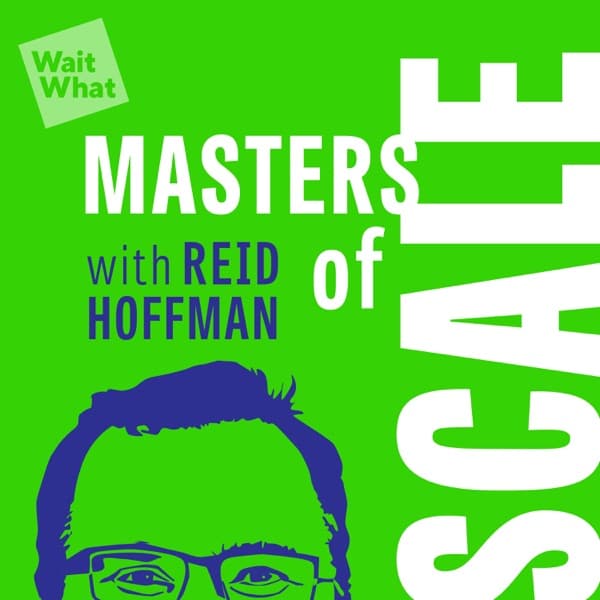 Masters of Scale
Masters of Scale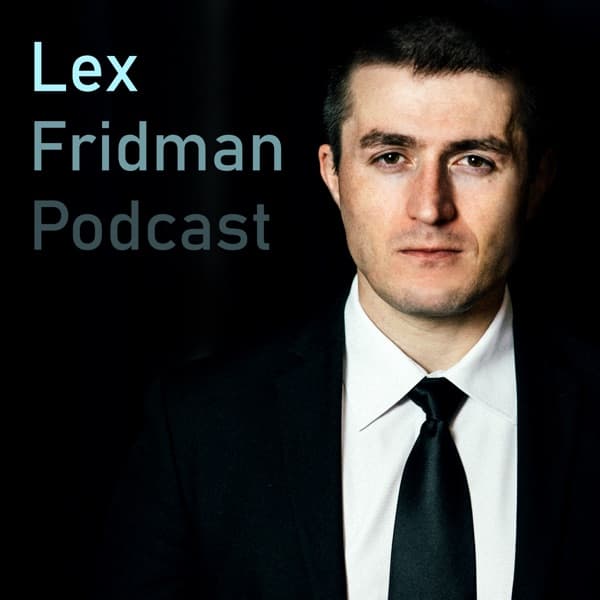 Lex Fridman Podcast
Lex Fridman Podcast All-In with Chamath, Jason, Sacks & Friedberg
All-In with Chamath, Jason, Sacks & Friedberg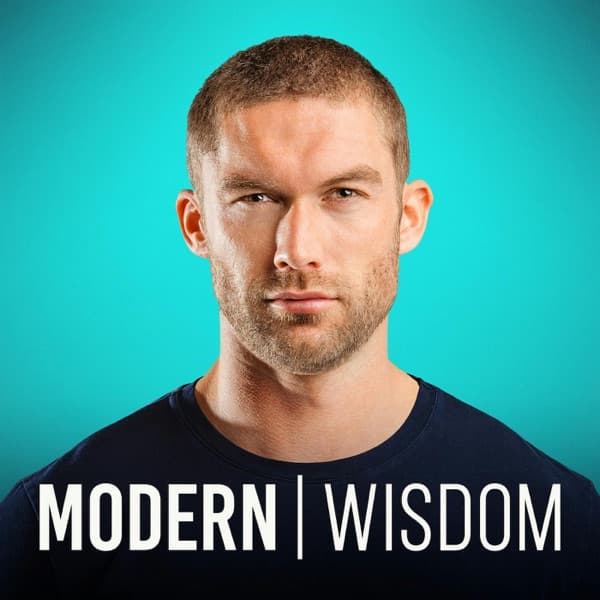 Modern Wisdom
Modern Wisdom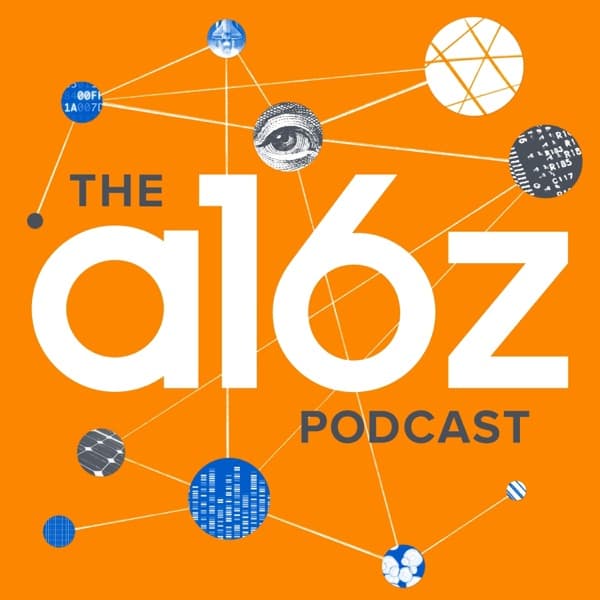 a16z Podcast
a16z Podcast Lenny's Podcast: Product | Growth | Career
Lenny's Podcast: Product | Growth | Career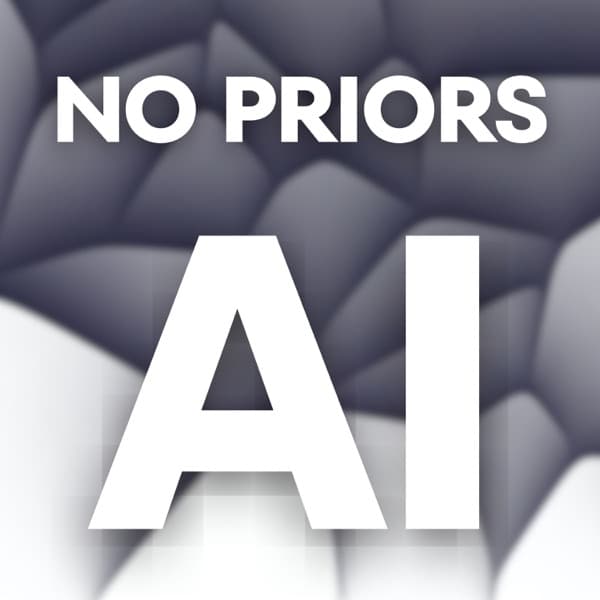 No Priors AI
No Priors AI The Twenty Minute VC (20VC): Venture Capital | Startup Funding | The Pitch
The Twenty Minute VC (20VC): Venture Capital | Startup Funding | The Pitch How I Built This with Guy Raz
How I Built This with Guy Raz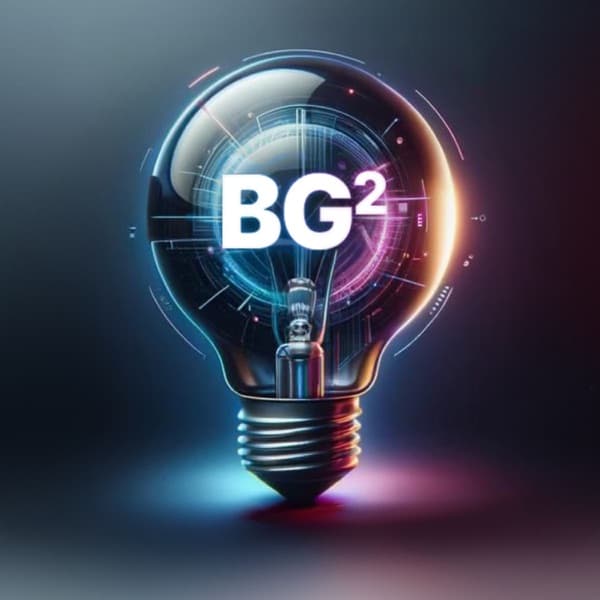 BG2Pod with Brad Gerstner and Bill Gurley
BG2Pod with Brad Gerstner and Bill Gurley TechCrunch Startup News
TechCrunch Startup News Y Combinator Startup Podcast
Y Combinator Startup Podcast
